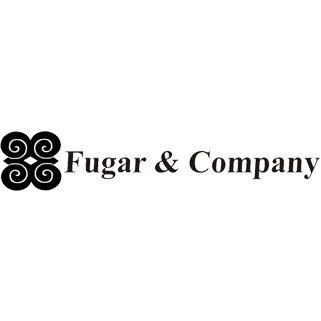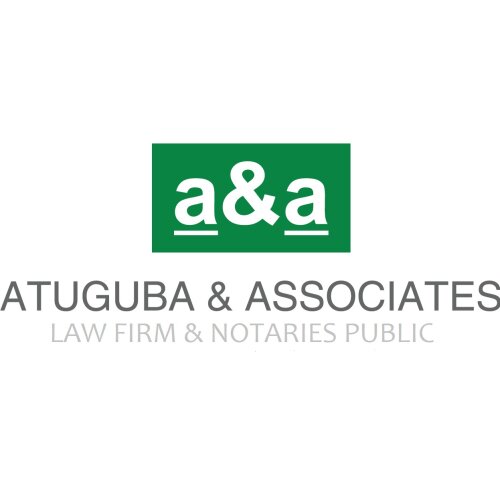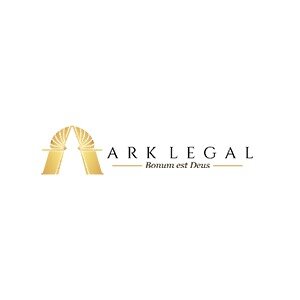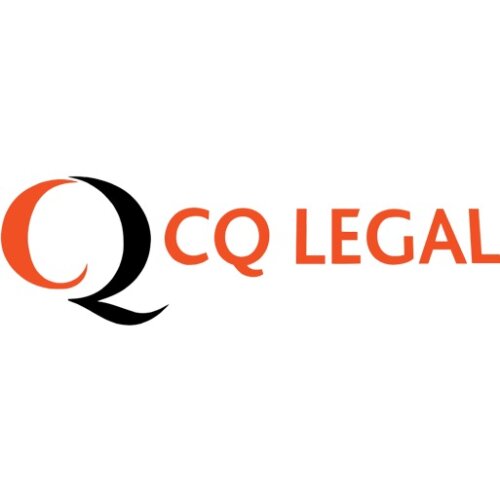Best Investment Lawyers in Ghana
Share your needs with us, get contacted by law firms.
Free. Takes 2 min.
Or refine your search by selecting a city:
List of the best lawyers in Ghana
About Investment Law in Ghana
Investment in Ghana is governed by a framework of laws and regulations designed to promote economic growth and ensure the fair treatment of investors. The country's investment environment is shaped by its legal system, which offers protection to investors through various regulatory bodies and legislation such as the Ghana Investment Promotion Centre Act. Ghana provides opportunities for both domestic and foreign investors across diverse sectors including agriculture, mining, energy, and real estate.
Why You May Need a Lawyer
Legal assistance in investment is crucial for several reasons. If you are a foreign investor, understanding the local laws and regulations can help you navigate residency permits and business registration processes. A lawyer can also assist with contract negotiations, ensuring compliance with environmental standards, and resolving disputes with partners or the government. Additionally, legal guidance is vital in tax matters, acquisition processes, and understanding incentives or tariffs that may apply to your investment.
Local Laws Overview
Key aspects of local laws relevant to investment in Ghana include the Ghana Investment Promotion Centre Act, which governs foreign investments and provides incentives and guarantees. It also includes the Companies Act, which outlines the process for registering businesses, and the Minerals and Mining Act for investors in the mining sector. Corporate tax rates, duties, and other financial regulations are crucial to understand. Local content laws may apply, particularly in the oil and gas sector, requiring a certain level of partnership with Ghanaian firms.
Frequently Asked Questions
What is the process for setting up a business in Ghana?
Business setup involves registering your business with the Registrar General’s Department (RGD), obtaining a taxpayer identification number (TIN), and securing any required permits specific to your industry.
Are there any restrictions on foreign ownership in Ghana?
While many sectors are open to foreign investment, there are certain restrictions and minimum capital requirements. Foreign ownership in industries like small-scale mining and petty trading is restricted.
What incentives are available for foreign investors?
Incentives may include tax holidays, duty exemptions, and access to land. These vary by sector and location, and a lawyer can help identify applicable incentives.
How are investment disputes typically resolved?
Disputes may be resolved through negotiation, arbitration, or through the courts. Ghana recognizes international arbitration, and many businesses opt for this to avoid lengthy court processes.
What sectors offer the best investment opportunities?
Agriculture, manufacturing, energy, oil and gas, infrastructure, and information and communication technology are sectors with potential for significant returns.
What are the tax implications for investors in Ghana?
Investors should be aware of corporate taxes, VAT, and other duties. Double taxation agreements may apply to foreign investors from certain countries, reducing tax liabilities.
Do I need environmental permits for my investment?
Yes, businesses involved in activities impacting the environment typically require permits from the Environmental Protection Agency (EPA) in Ghana.
Can I repatriate profits from Ghana?
Repatriation of profits, dividends, and capital is allowed, subject to Ghanaian law. It’s important to follow the proper channels and documentation.
How does land ownership work for foreign investors?
Foreign investors can lease land, as land ownership is often restricted. Leases can be long-term, typically up to 50 years.
What is the role of the Ghana Investment Promotion Centre?
The Ghana Investment Promotion Centre (GIPC) is a key governmental body that facilitates and promotes investments, offering support to both local and foreign investors.
Additional Resources
Useful resources for investment in Ghana include the Ghana Investment Promotion Centre (GIPC) for guidance and information on incentives. The Ministry of Trade and Industry, the Environmental Protection Agency (EPA), and the Registrar General’s Department are also key bodies. Industry-specific associations and legal firms with expertise in investment law are valuable resources.
Next Steps
If you need legal assistance with investment in Ghana, start by identifying a reputable law firm with expertise in investment laws. Schedule a consultation to discuss your specific needs and understand how they can assist you. Gathering all pertinent documents and understanding your investment goals will help the legal team provide the most tailored advice. Consider joining local business associations to network and gain further insights into the investment landscape in Ghana.
Lawzana helps you find the best lawyers and law firms in Ghana through a curated and pre-screened list of qualified legal professionals. Our platform offers rankings and detailed profiles of attorneys and law firms, allowing you to compare based on practice areas, including Investment, experience, and client feedback.
Each profile includes a description of the firm's areas of practice, client reviews, team members and partners, year of establishment, spoken languages, office locations, contact information, social media presence, and any published articles or resources. Most firms on our platform speak English and are experienced in both local and international legal matters.
Get a quote from top-rated law firms in Ghana — quickly, securely, and without unnecessary hassle.
Disclaimer:
The information provided on this page is for general informational purposes only and does not constitute legal advice. While we strive to ensure the accuracy and relevance of the content, legal information may change over time, and interpretations of the law can vary. You should always consult with a qualified legal professional for advice specific to your situation.
We disclaim all liability for actions taken or not taken based on the content of this page. If you believe any information is incorrect or outdated, please contact us, and we will review and update it where appropriate.
Browse investment law firms by city in Ghana
Refine your search by selecting a city.

















